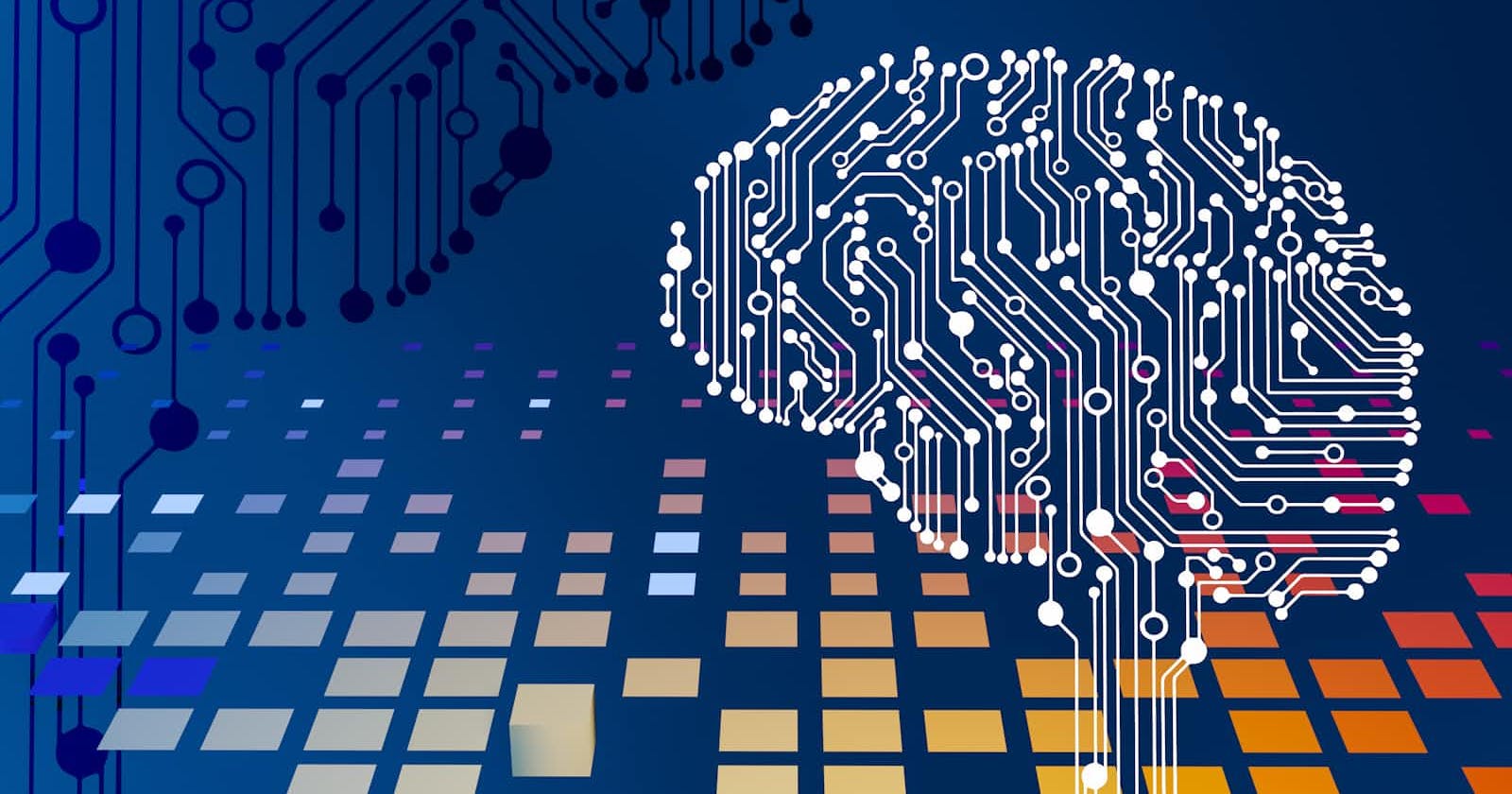In recent years, the rapid advancement of Artificial Intelligence (AI) has sparked numerous debates and concerns about its potential impact on various industries, including programming and software development. As AI technologies continue to evolve, many wonder whether they will eventually replace human programmers altogether. While the rise of AI does pose significant changes to the nature of programming work, the reality is more nuanced than a simple "takeover" scenario.
Evolution, Not Replacement
The first point to understand is that AI in programming is not about replacing programmers but rather augmenting their capabilities. AI technologies, such as machine learning algorithms and automated code generation tools, are designed to streamline certain aspects of the development process, making programmers more efficient and productive.
For instance, AI-powered code assistants can help developers write code faster by suggesting code snippets, providing debugging assistance, and even offering insights into potential optimizations. These tools serve as valuable aids, allowing programmers to focus on higher-level tasks that require human creativity and problem-solving skills.
The Rise of Low-Code and No-Code Platforms
Another significant trend reshaping the programming landscape is the emergence of low-code and no-code development platforms. These platforms leverage AI and visual interfaces to enable individuals with limited coding experience to create applications and automate business processes.
While low-code and no-code platforms empower citizen developers to build software without extensive programming knowledge, they do not eliminate the need for professional programmers. Instead, they create new opportunities for collaboration between developers and non-technical stakeholders, accelerating the pace of software development and innovation.
New Roles and Specializations
As AI technologies become more prevalent in the software development lifecycle, new roles and specializations are likely to emerge within the industry. Programmers may find themselves transitioning into roles such as AI engineers, data scientists, or machine learning specialists, where they can leverage their programming skills to work on cutting-edge AI projects.
Furthermore, the demand for expertise in AI ethics, security, and bias mitigation is also expected to grow, as organizations grapple with the ethical and social implications of AI-driven technologies. Programmers who possess a deep understanding of these issues will play a crucial role in shaping the responsible deployment of AI systems.
Adaptation and Lifelong Learning
In the face of these changes, programmers must embrace a mindset of adaptation and lifelong learning. The rapid pace of technological innovation means that the skills and tools relevant today may become obsolete tomorrow. Therefore, staying abreast of emerging technologies, acquiring new skills, and cultivating a growth mindset are essential for remaining competitive in the evolving job market.
Moreover, the human element of programming—such as critical thinking, problem-solving, and communication skills—will continue to be highly valued in an AI-driven world. While AI can automate certain tasks, it cannot replicate the ingenuity and creativity that human programmers bring to the table.
In conclusion, while AI undoubtedly brings transformative changes to the programming landscape, it is unlikely to eliminate the need for human programmers entirely. Instead, AI will augment programming capabilities, create new opportunities for collaboration, and spur the emergence of new roles and specializations within the industry. By embracing adaptation, lifelong learning, and the unique strengths of human creativity, programmers can navigate the evolving technological landscape and thrive in the age of AI.
As we journey into an increasingly AI-driven future, the role of the programmer remains indispensable, serving as architects of innovation and guardians of technological progress. While the future may be uncertain, one thing is clear: the human spirit of invention and exploration will continue to shape the world of programming for years to come.


